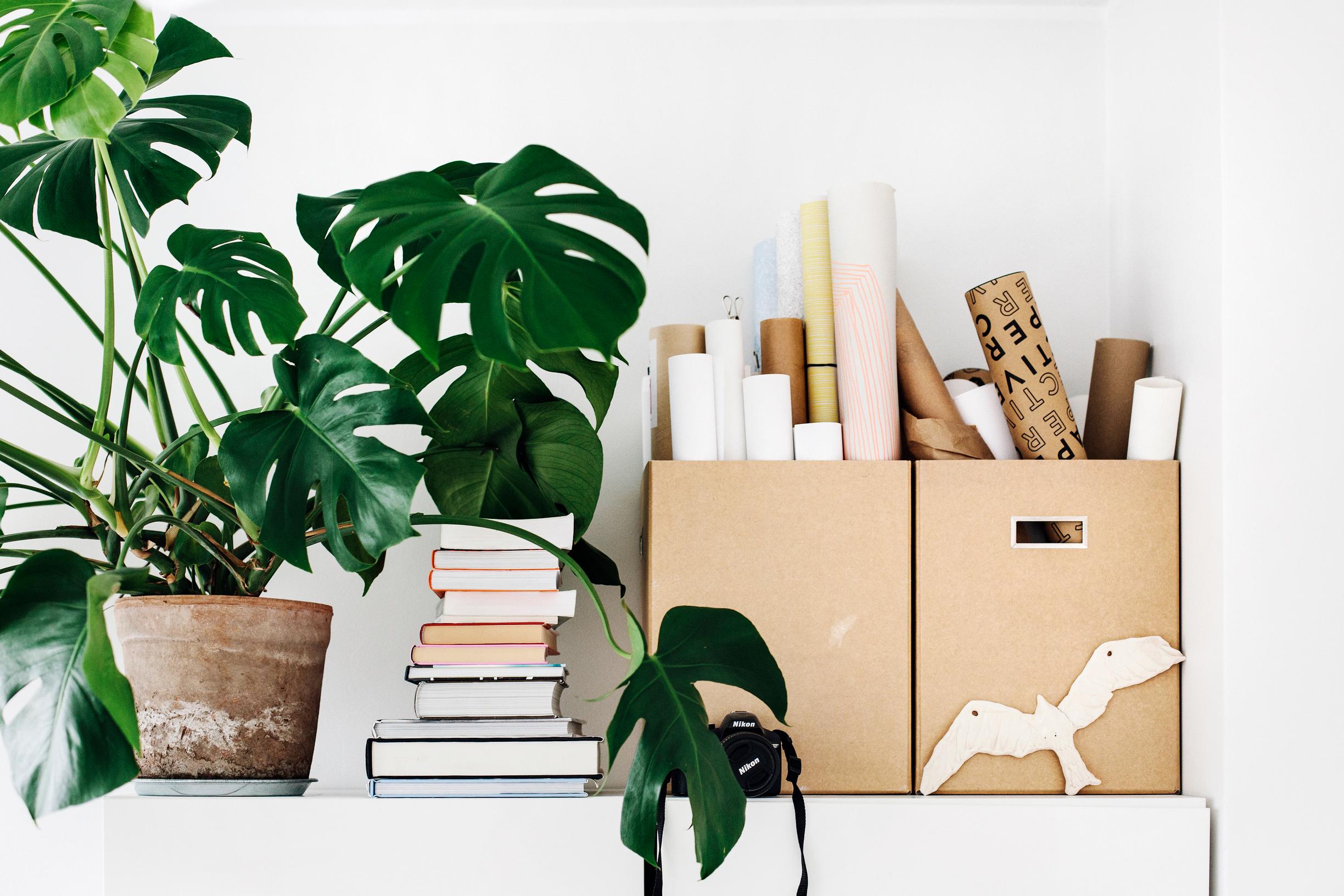
Bring the jungle to your home with a monstera! Essential tips for growing and care
The Monstera, a large-leaved houseplant, adds a tropical touch to your decor and can thrive for years with proper care. Discover our detailed tips for growing and maintaining your Monstera.
The Swiss Cheese Plant (Monstera deliciosa) is a popular houseplant that has been grown in Finland for years. The genus also includes the Mini Monstera (Monstera deliciosa ‘Borsigiana’) and the Monkey Leaf (Monstera obliqua). True to its name, the Mini Monstera is smaller than the Swiss Cheese Plant, while the Monkey Leaf is more delicate.
In its native habitat of Mexico, the Swiss Cheese Plant climbs tree trunks and, when thriving, grows very large and requires proper support.
Young Swiss Cheese Plants have leaves about the size of an adult’s palm. The leaves are oval or nearly round and often completely intact. As they mature, the leaves grow larger and become more lobed.
The Monstera is an ornamental, lush houseplant that rarely flowers indoors. Its inflorescence is spadix-shaped and develops into an edible, cone-like fruit.


How to care for the Monstera
Ideal growing conditions
Maintain a normal room temperature or slightly cooler, but not below 16 degrees Celsius. Like many houseplants, the Swiss Cheese Plant does not tolerate drafts.
The Swiss Cheese Plant thrives best in diffused light and partial shade. Direct sunlight can damage its leaves.
Watering
Water the Monstera consistently throughout the year, ensuring the soil never completely dries out. In winter, reduce the frequency slightly, but maintain regular watering.
Fertilizing
Fertilize the Monstera every couple of weeks during the growing season, from spring to autumn.
Aerial roots
The Swiss Cheese Plant develops aerial roots that, in nature, attach to tree branches. You should not remove these roots even indoors; instead, guide them into the soil where they will function like regular roots and help the plant absorb water.


Leaf care
Mist the Monstera with lukewarm water and wipe the leaves with a soft, damp cloth to remove dust.
For a natural, dull shine, wipe the leaves with a banana peel.
Yellowing leaves
Cut off the yellowing leaves close to the plant’s stem and allow the remaining base to fall off naturally. Avoid tearing the leaves off to prevent damage to the plant.
Repotting
Repotting is necessary only when the pot becomes cramped and roots fill it. Despite its large size, the Monstera thrives in a relatively small pot, so choose a new pot that is only slightly larger than its current one. Use regular potting soil but add a bit of sand. A self-watering pot is also suitable for the Monstera.
For a large plant, you can add new soil on top of the old soil.


